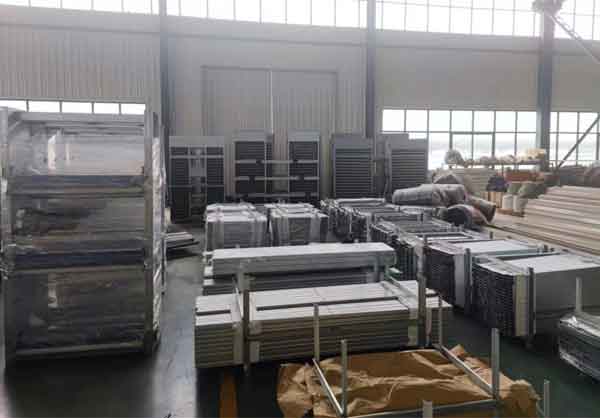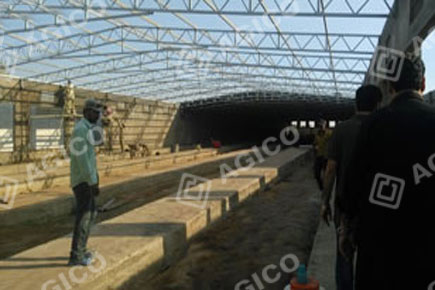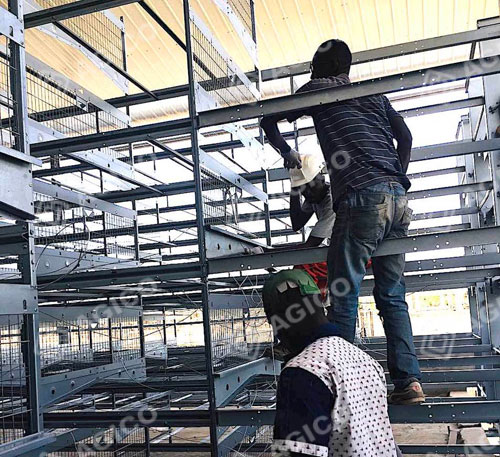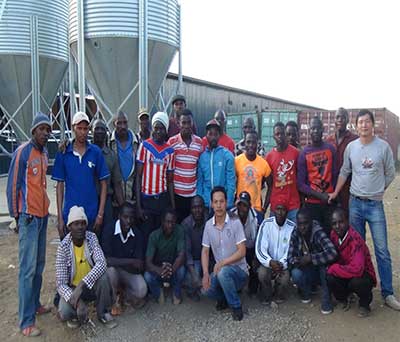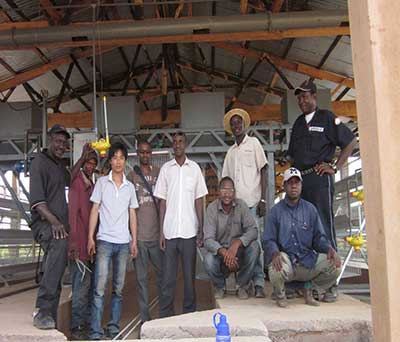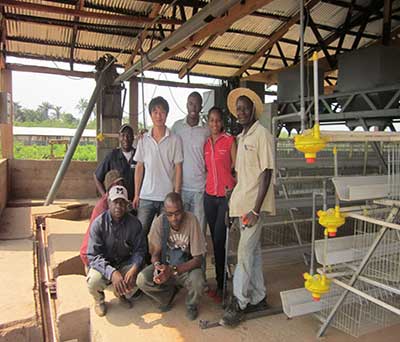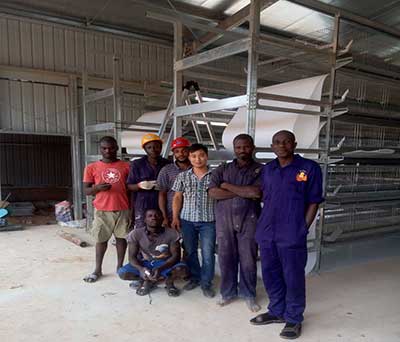Are you looking for a chicken battery cage, then think of the best place to find one? A battery chicken cages are essential in poultry farming, whether you operate a small poultry farm or an established large-scale operation. The chicken battery cage is essential in poultry farming today, given that poultry keepers’ expense of space determines their ability to maximize egg production. The battery cage is deemed to have great efficiency since it facilitates maximum egg production; the cages have optimal space for the process. It is also cost-effective since it reduces the space used.

Chicken Battery Cages for Sale
What Are Chicken Battery Cages?
Chicken battery cages are specialized enclosures designed to house laying hens or poultry farming in a controlled environment. These cages are typically made of wire and are arranged in rows and columns, allowing for efficient management of large numbers of birds. Each cage contains a small group of hens, providing them with the space to eat, drink, and lay eggs.
History of Chicken Battery Cages
The concept of battery cages dates back to the early 20th century when poultry farming began to industrialize. Initially, these cages were simple and rudimentary, but they quickly evolved to meet the growing demand for eggs. Over the decades, innovations in design and materials have significantly improved their functionality and the well-being of the hens housed in them.
Modern chicken battery cages are a far cry from their early counterparts. Today, they incorporate features like automated feeding and watering systems, waste removal mechanisms, and enhanced ventilation. These advancements have made battery cages more efficient and humane, aligning with evolving standards in animal welfare.
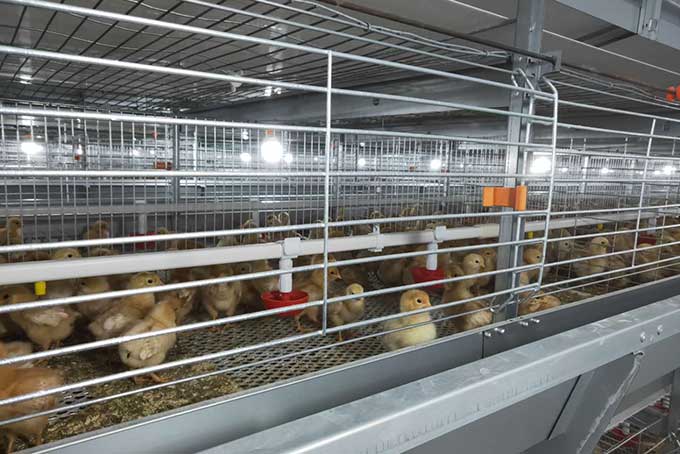
Benefits of Using Chicken Battery Cages
Increased Egg Production
One of the primary benefits of using battery cages is the boost in egg production. By providing a controlled environment, these cages reduce stress on the hens, leading to more consistent laying patterns and higher overall yields.
Efficient Space Utilization
Battery cages are designed to maximize the use of space. By stacking cages vertically, farmers can house more hens in a given area compared to traditional free-range systems. This efficient use of space is particularly beneficial for large-scale operations.
Improved Hygiene and Disease Control
Maintaining cleanliness is easier with battery cages. The wire construction allows waste to fall through to collection trays below, reducing the risk of disease and parasites. Additionally, the controlled environment minimizes the hens’ exposure to external pathogens.

Considerations When Buying Chicken Battery Cages
Battery Cage Size and Dimensions
The size and dimensions of the cage are critical factors to consider. Ensure that the cages provide adequate space for the hens to move comfortably, stretch their wings, and lay eggs. Overcrowding can lead to stress and health issues.
Material and Durability
Look for cages made from high-quality, durable materials. Galvanized steel is a popular choice due to its resistance to rust and corrosion, ensuring longevity and a lower risk of injury to the hens.
Cost and Budget
While battery cages can be a significant investment, it’s important to balance cost with quality. Consider your budget but also think long-term—cheaper cages might save money upfront but could lead to higher maintenance costs down the line.
Features to Look for in Chicken Battery Cages
Comfort and Safety for Chickens
Choose cages that prioritize the comfort and safety of your hens. Features like smooth wire surfaces, adequate space, and easy access to food and water are essential. Look for cages with sloped floors that facilitate egg collection.
Ease of Cleaning and Maintenance
Maintenance is a key aspect of managing battery cages. Opt for designs that allow for easy cleaning and waste removal. Removable trays and slanted floors can help streamline these processes, keeping the environment hygienic.
Feeding and Watering Systems
Automated feeding and watering systems can save you time and ensure that the hens have constant access to food and water. These systems also reduce waste and prevent feed contamination, contributing to healthier birds.

Tips for Setting Up Chicken Battery Cages
Proper Placement
Place your battery cages in a well-ventilated area with ample natural light. Proper placement is crucial for maintaining a healthy environment for the hens. Avoid areas prone to drafts or extreme temperatures.
Ventilation and Lighting
Ensure that your setup includes adequate ventilation to prevent the buildup of ammonia and other harmful gases. Additionally, provide consistent lighting to stimulate egg production, using a combination of natural and artificial light sources.
Regular Maintenance Practices
Regular maintenance is key to the longevity and efficiency of your battery cages. Implement a routine cleaning schedule, inspect the cages for any signs of wear or damage, and promptly address any issues to prevent health problems among your hens.

Ethical Considerations and Alternatives of Battery Cage
Battery cages have been a topic of ethical debate due to concerns about animal welfare. Critics argue that the confined space and limited mobility can lead to physical and psychological stress for the hens.
If you’re concerned about the ethical implications of battery cages, consider alternative systems like enriched cages, aviaries, or free-range setups. These alternatives provide more space and enrichment for the hens, promoting better welfare.
Chicken battery cages play a significant role in modern poultry farming, offering efficiency and productivity benefits. However, it is essential to balance these advantages with animal welfare considerations and evolving regulatory standards. By adopting best practices and staying informed about innovations, farmers can ensure the sustainability and success of their poultry operations.
Choosing the right chicken battery cage involves careful consideration of various factors, from cage design and material to ethical implications. By understanding the benefits and limitations of battery cages, you can make an informed decision that balances productivity with the well-being of your hens. Whether you opt for traditional battery cages or explore alternatives, the key is to create a safe, comfortable, and efficient environment for your poultry.

